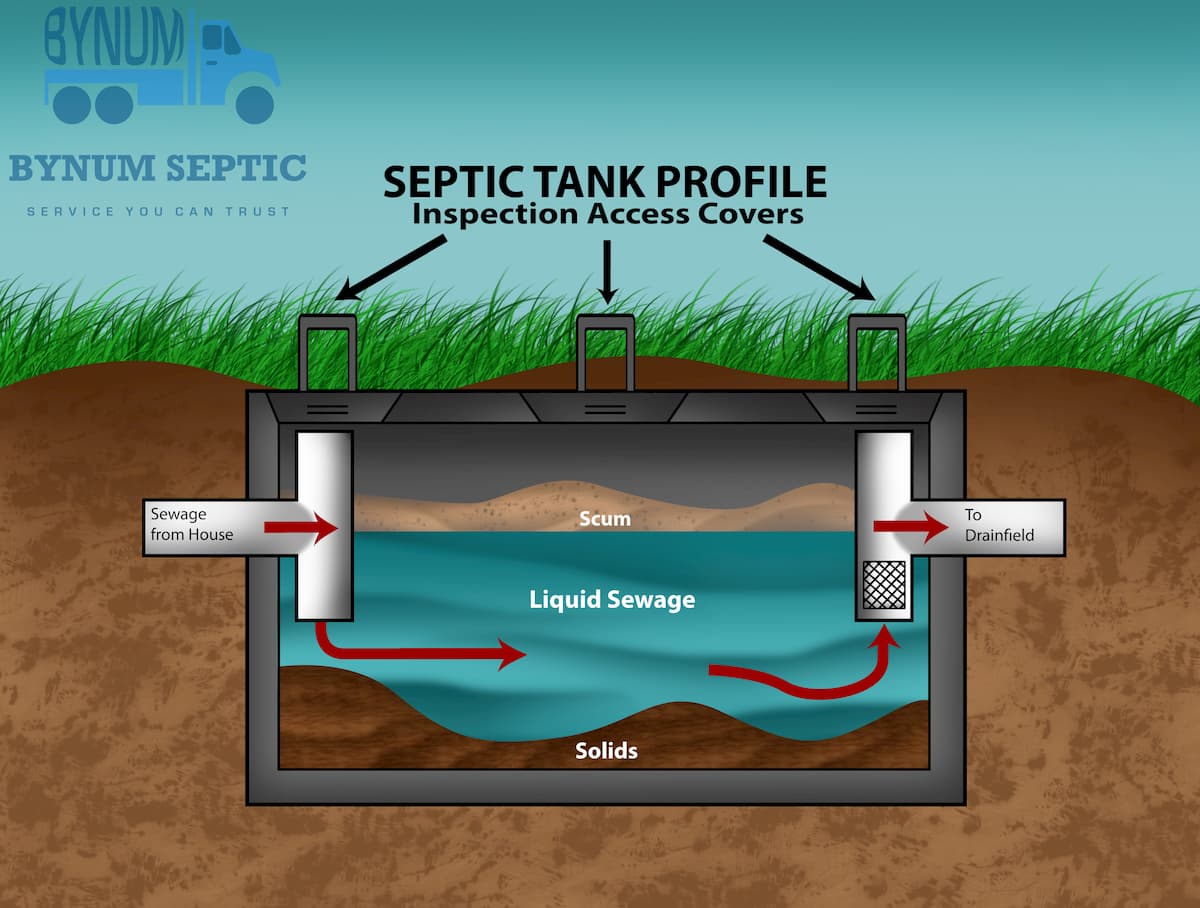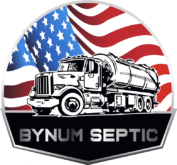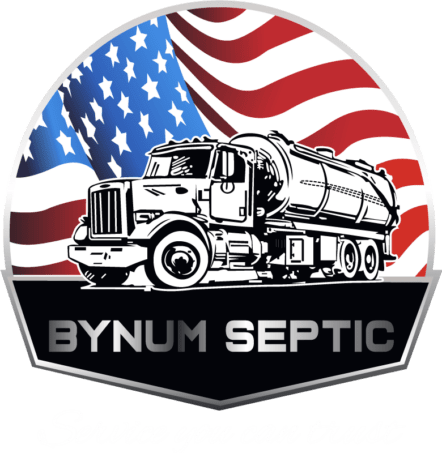Bynum Septic Services Offers The Best Septic Tank Services Near You!
With a focus on client satisfaction, our team at Bynum Septic is proud to provide the communities of Lilburn and Lawrenceville, GA, with the best septic tanks and septic tank services around. We’ve been installing, repairing, and maintaining septic systems for our valued clients with outstanding results since 1997.
If you need emergency services, contact us right away! We understand the need for quick action when your septic system shows signs of a backup, blockage, or leak. That’s why our technicians are always equipped to provide emergency septic pumping or repair near you.
Bynum Septic Services Offers:
- Septic tank pumping and filter cleaning
- Sewer line replacement
- Drain field repair and installation
- Septic System Remediation
- Maintenance and service inspections
- Lift station pumping
- Septic system inspections before purchase
How Do Septic Systems Work?
Properties not connected to municipal sewer lines must provide their own water and sewage systems. A septic system is used when there is no way to connect to city or county water systems. A septic system includes
- A septic tank
- Pipes coming from the home
- A drain field, where additional processing of treated wastewater from the septic tank takes place.
- Billions of bacteria that help process waste.
Wastewater enters the septic system on one end from the home’s pipes. Solid waste falls to the bottom of the septic tank (sludge), oils and grease float to the top (scum), and the processed wastewater that remains in the middle (effluent) moves into the drain field through an outlet baffle for further processing. The partially-treated wastewater percolates in the drain field, meaning it’s filtered through gravel and soil. Microbes in the soil treat the effluent before it reaches groundwater, and the process continues.


Call Today!
When you need a new septic tank installation, Bynum Septic is the one to call! We strive for guaranteed satisfaction in our work and with the results of your new septic system. Our skilled septic tank installation specialists can evaluate your property and recommend either a conventional or advanced septic system installation. Reach out for a septic tank installation estimate!
What Are The Different Types of Septic Tanks?
There are various septic tanks and systems available. Once your property is inspected and soil test results are available, our team will suggest the most suitable installation method. This may include conventional or advanced septic systems, primary, advanced secondary, tertiary wastewater treatment techniques, and a range of septic tank materials. The chart below outlines the advantages and disadvantages of different septic tank materials.
Type of Septic Tank:
Advantages: A concrete septic tank is durable and can last for decades.
Disadvantages: If the concrete cracks, waste can seep out and groundwater will seep into the tank.
Advantages: A steel septic tank is strong, and partial repairs are available if only the top of the tank begins to rust.
Disadvantages: Over time, rust can weaken a steel septic tank, and if ignored for too long, people could potentially fall through the tank.
Advantages: A plastic septic tank is lightweight, and it’s a budget-friendly option. It is less likely to crack.
Disadvantages: Plastic septic tanks can be easily damaged during installation because they are so light.
Advantages: A fiberglass septic tank is easy to install and won’t crack. It is also very lightweight.
Disadvantages: A fiberglass septic tank can shift underground when the soil around it becomes soaked.
Advantages: An aerobic septic tank requires less space for the drain field and is electric-powered. It’s more effective than some other options.
Disadvantages: Aerobic septic tanks can be up to three times more expensive than other types of septic tanks.
What Type of Septic Tank is Perfect For Your Home? Ask Us!
When you need septic services near Lilburn and Lawrenceville, GA, Bynum Septic is here for you! If you’re wondering what the best septic tank and system are for your property, we can help. We’ll inspect your property, test your soil, and make septic system recommendations based on our findings. We aim to install the best septic tank for your specific needs. Contact us today for more information!
FAQs
A sewer system pipes wastewater and solids to a local water treatment plant to be processed, and a septic system empties into a holding tank (septic tank) located on your property. The septic tank contains bacteria that help break down the waste.
How far from my house does my septic tank need to be located?
The minimum distance from your home that a septic tank can be installed is 5 feet. However, most septic tanks are installed 10-20 feet from a house.
How long will my septic system last?
On average, a newly installed septic system will last 20-30 years. The longevity of a septic system has many variables, such as proper installation, routine maintenance, and making sure toxic chemicals and harmful products are not allowed to enter the system.
How often does a septic tank need to be emptied?
We recommend emptying your septic tank through pumping and cleaning every 3-5 years. As a rule of thumb, the larger your household, the more frequently you should schedule a septic tank pumping.
What shouldn’t go in the septic tank?
You should avoid putting anything down the drain that won’t break down properly and will instead just sit in your tank including:
- Paper towels
- Cigarette butts
- Sanitary napkins
- Diapers
- Grease


